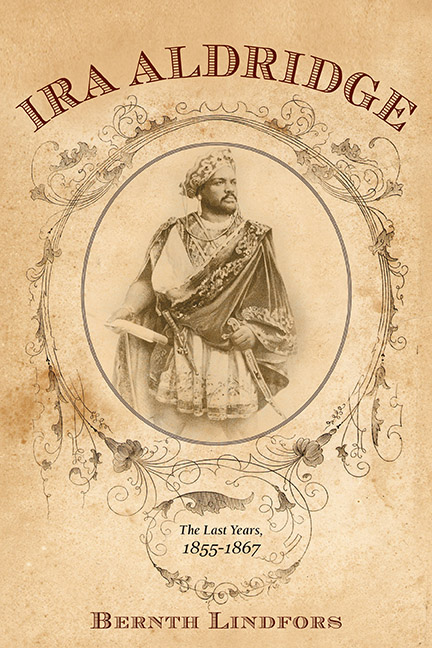Book contents
- Frontmatter
- Contents
- List of Illustrations
- Acknowledgments
- Abbreviations
- Introduction
- 1 Readjusting to Britain
- 2 Crim. Con.
- 3 On the Road Again
- 4 Stockholm
- 5 The Second Continental Tour
- 6 Pest and Buda
- 7 A Short Break
- 8 The Third Continental Tour
- 9 Home Again
- 10 The Fourth Continental Tour
- 11 The Fifth Continental Tour
- 12 The Sixth Continental Tour
- 13 Taking a Break
- 14 The Seventh Continental Tour
- 15 Another Break
- 16 The Eighth Continental Tour
- 17 The Ninth Continental Tour
- 18 Final Acts
- 19 Postmortem
- Notes
- Selected Bibliography
- Index
8 - The Third Continental Tour
Published online by Cambridge University Press: 26 May 2021
- Frontmatter
- Contents
- List of Illustrations
- Acknowledgments
- Abbreviations
- Introduction
- 1 Readjusting to Britain
- 2 Crim. Con.
- 3 On the Road Again
- 4 Stockholm
- 5 The Second Continental Tour
- 6 Pest and Buda
- 7 A Short Break
- 8 The Third Continental Tour
- 9 Home Again
- 10 The Fourth Continental Tour
- 11 The Fifth Continental Tour
- 12 The Sixth Continental Tour
- 13 Taking a Break
- 14 The Seventh Continental Tour
- 15 Another Break
- 16 The Eighth Continental Tour
- 17 The Ninth Continental Tour
- 18 Final Acts
- 19 Postmortem
- Notes
- Selected Bibliography
- Index
Summary
Aldridge had performed in Prague with great success five years earlier, in the spring of 1853, so he was welcomed back enthusiastically by those who remembered the vivid impression he had made as Othello, Shylock, Macbeth, and Mungo—the same roles he was now to perform again at the Royal Theatre. They also remembered that he had formerly appeared with a mediocre British troupe, so they were relieved that he was now supported by an excellent Germanspeaking Czech group.
As usual, Aldridge opened as Othello, which many thought to be his best role:
It is extremely interesting when one sees a person forget everything around him, as it were, the moment he sets foot onstage, divesting himself of his own self and the audience and the consciousness that he is standing there as an actor and melding utterly with his role. When this Othello flies into a rage, one feels that his passion is madness; when he seizes his man, one trembles involuntarily for the victim and feels infected and carried away by the excitement of the actor, on whose body one sees the nerves playing and the muscles twitching. If one hears the mighty voice as well, which is equally accustomed to all tonalities from the softest meltingness to the thunder of passion, if one sees the bared snow-white teeth of the Negro stand out uncannily from the brownish face, one does indeed take away a lasting impression of a highly original phenomenon.
However, at least one critic considered his Jew superior to his Moor:
Aldridge performs Othello more with the overwhelming, passionate blood of his race than with the spirit of the artist; the nobility of his personality and the splendid wildness of his anger and pain capture our senses as if by magic, rather than capturing our hearts. And when the Moor drags Desdemona's corpse from her bed, kisses it insanely, and then lets it fall back like a senseless thing, the last emotion that remains with us is horror, not pity.
Mr. Aldridge's Shylock is a different matter.
- Type
- Chapter
- Information
- Ira AldridgeThe Last Years, 1855-1867, pp. 99 - 128Publisher: Boydell & BrewerPrint publication year: 2015



